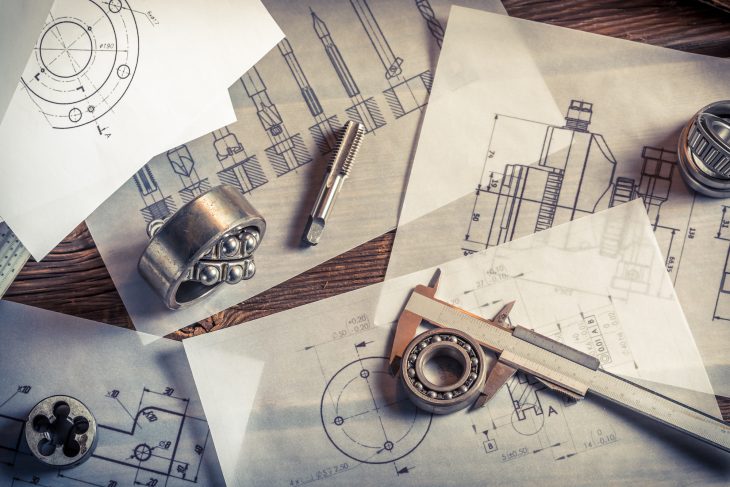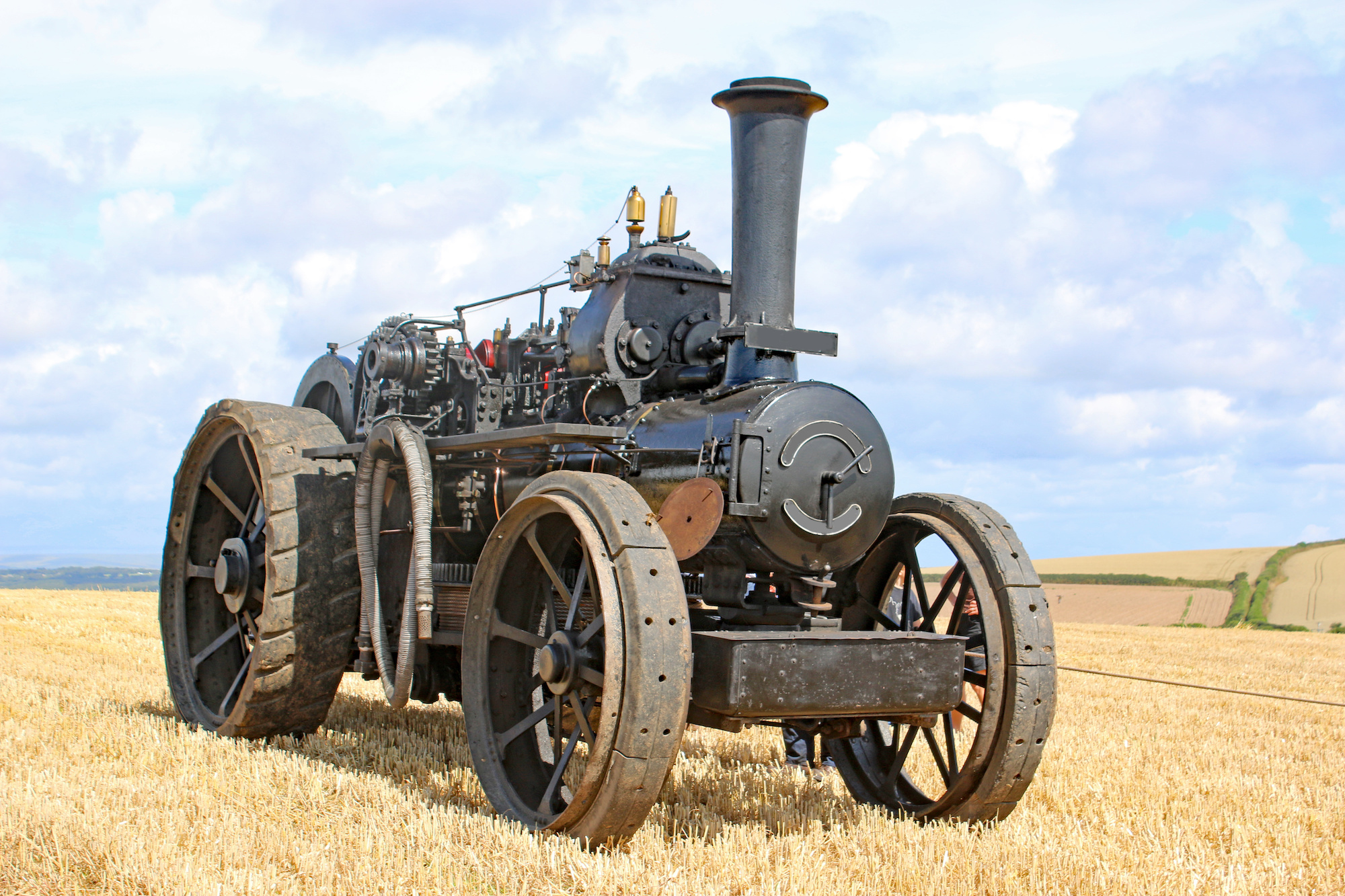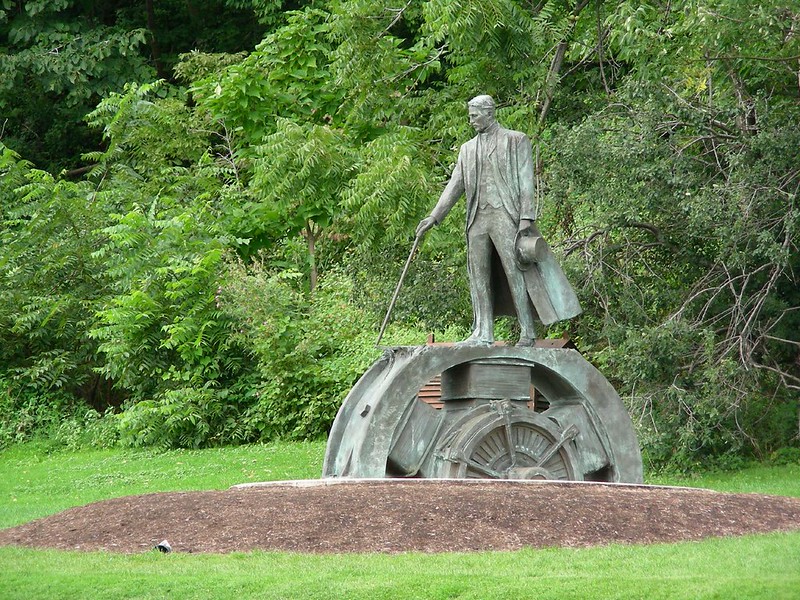
Mechanical engineering is a fascinating field that encompasses the design, development, and manufacturing of mechanical systems. From engines and robots to complex machinery, mechanical engineering plays a crucial role in shaping the world we live in. In this article, we will explore some intriguing and lesser-known fun facts about mechanical engineering. Prepare to be amazed as we unravel the marvels of machines and the ingenuity of mechanical engineers.
Ancient Innovations
Mechanical engineering has roots that trace back to ancient civilizations. The Egyptians, for example, developed intricate systems of levers and pulleys to construct massive structures like the pyramids. These early mechanical principles laid the foundation for the field as we know it today.
The Origins of the Term “Mechanical Engineering”
The term “mechanical engineering” was first used in the 18th century by the French engineer and mathematician, Guillaume Amontons. He is credited with coining the term to describe the application of scientific principles to the design and construction of machinery.
The First Industrial Revolution
Mechanical engineering played a pivotal role in the first Industrial Revolution, which began in the late 18th century. Innovations such as the steam engine and the spinning jenny revolutionized manufacturing processes and propelled the world into a new era of industrialization.

Versatility
Mechanical engineering is a highly versatile field that spans various industries, including automotive, aerospace, energy, and manufacturing. Mechanical engineers can work on a wide range of projects, from designing cutting-edge automobiles to developing advanced robotics systems.
Problem Solvers
Mechanical engineers are problem solvers at heart. They analyze complex challenges and develop innovative solutions by applying principles of physics, mathematics, and materials science. Their ability to think critically and creatively enables them to tackle real-world problems.
Collaborative Work
Mechanical engineers often work in teams, collaborating with professionals from other disciplines, such as electrical engineering and computer science. This collaborative approach fosters innovation and leads to the development of multidisciplinary solutions.
Leonardo da Vinci, the Mechanical Engineer
Leonardo da Vinci, renowned for his artistic masterpieces, was also a talented mechanical engineer. He designed numerous inventions, including flying machines, hydraulic systems, and military weaponry. His engineering sketches and designs continue to inspire and amaze engineers and artists alike.
The World’s Tallest Buildings
Mechanical engineering has made it possible to construct awe-inspiring skyscrapers that reach incredible heights. Engineers use advanced structural analysis, materials science, and innovative construction techniques to design and build tall buildings that can withstand environmental forces and provide safe and functional spaces.
The Eiffel Tower
Did you know that Gustave Eiffel, the renowned engineer behind the Eiffel Tower, was a mechanical engineer? The iconic structure, built for the 1889 World’s Fair in Paris, showcases the mastery of mechanical engineering principles and stands as a testament to human innovation.

The Space Elevator Concept
Mechanical engineers are constantly pushing the boundaries of what is possible. One fascinating concept is the space elevator—an idea that involves a tethered structure connecting Earth to space. While it remains a theoretical concept, the ingenuity, and engineering required to make it a reality exemplify the creative and visionary nature of mechanical engineering.
Robotics and Automation
Mechanical engineering has been at the forefront of the robotics revolution. Engineers design and develop robots that can perform complex tasks, ranging from assembly line operations to surgical procedures. Robotics and automation have transformed industries and opened up new possibilities for efficiency and precision.
Renewable Energy Solutions
Mechanical engineers are at the forefront of developing renewable energy solutions. They design and optimize wind turbines, solar panels, and hydroelectric systems to harness the power of nature and provide sustainable alternatives to traditional energy sources.
3D Printing Revolution
Additive manufacturing, or 3D printing, is revolutionizing the manufacturing industry. Mechanical engineers leverage this technology to create intricate prototypes, optimize designs, and even fabricate end-use parts with unprecedented precision and efficiency.
Nikola Tesla
Tesla, known for his pioneering work in electrical engineering, also had a profound impact on mechanical engineering. His inventions, such as the Tesla coil and alternating current (AC) systems, revolutionized power transmission and laid the foundation for modern electrical and mechanical systems.

Thomas Edison
Edison, often referred to as the “Wizard of Menlo Park,” was a prolific inventor and mechanical engineer. He is credited with developing the phonograph, the motion picture camera, and the electric light bulb, among countless other inventions that shaped modern society.
Stephanie Kwolek
Kwolek, a chemist and mechanical engineer, is best known for her invention of Kevlar, a strong and lightweight synthetic fiber used in bulletproof vests and other high-performance applications. Her groundbreaking work has saved countless lives and exemplifies the interdisciplinary nature of mechanical engineering.
Conclusion
Mechanical engineering is an awe-inspiring field that combines scientific principles with creativity and innovation. From Leonardo da Vinci’s visionary designs to the modern-day robotics revolution, mechanical engineering has continuously pushed the boundaries of what is possible. By exploring the fun facts and accomplishments in this article, we hope to have sparked your curiosity and appreciation for the wonders of mechanical engineering. So, next time you marvel at a towering skyscraper or witness the precision of a robotic arm, remember the ingenious mechanical engineers behind these extraordinary creations.
Frequently Asked Questions (FAQs)
What are the core areas of mechanical engineering?
Mechanical engineering encompasses various core areas, including thermodynamics, fluid mechanics, materials science, mechanics of solids, and mechanical design.
What skills are essential for a mechanical engineer?
A mechanical engineer should have strong analytical and problem-solving skills, proficiency in computer-aided design (CAD) software, knowledge of materials and manufacturing processes, and good communication skills.
What is the future of mechanical engineering?
The future of mechanical engineering looks promising, with advancements in robotics, automation, renewable energy, and sustainable design. Mechanical engineers will play a vital role in developing innovative solutions to global challenges.
Can mechanical engineers work in other industries besides engineering?
Yes, mechanical engineers have transferable skills that make them valuable in various industries, such as management consulting, finance, and research and development.
What are some emerging trends in mechanical engineering?
Some emerging trends in mechanical engineering include additive manufacturing (3D printing), green energy technologies, autonomous vehicles, and the Internet of Things (IoT) integration in machinery and systems.
Was this page helpful?
Our commitment to delivering trustworthy and engaging content is at the heart of what we do. Each fact on our site is contributed by real users like you, bringing a wealth of diverse insights and information. To ensure the highest standards of accuracy and reliability, our dedicated editors meticulously review each submission. This process guarantees that the facts we share are not only fascinating but also credible. Trust in our commitment to quality and authenticity as you explore and learn with us.
